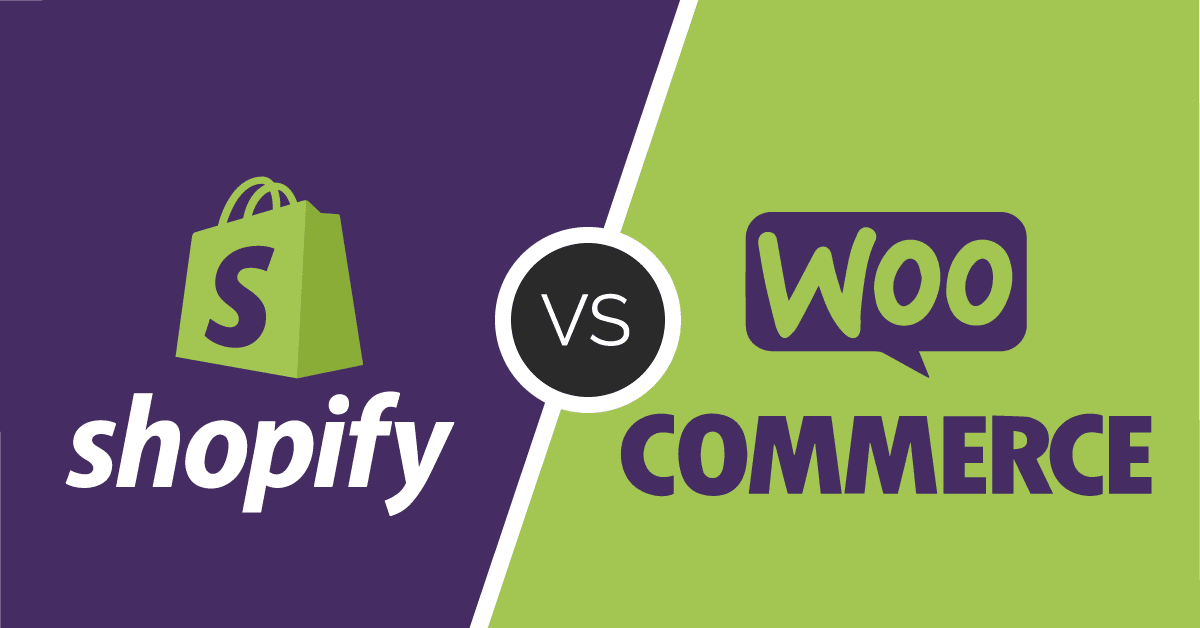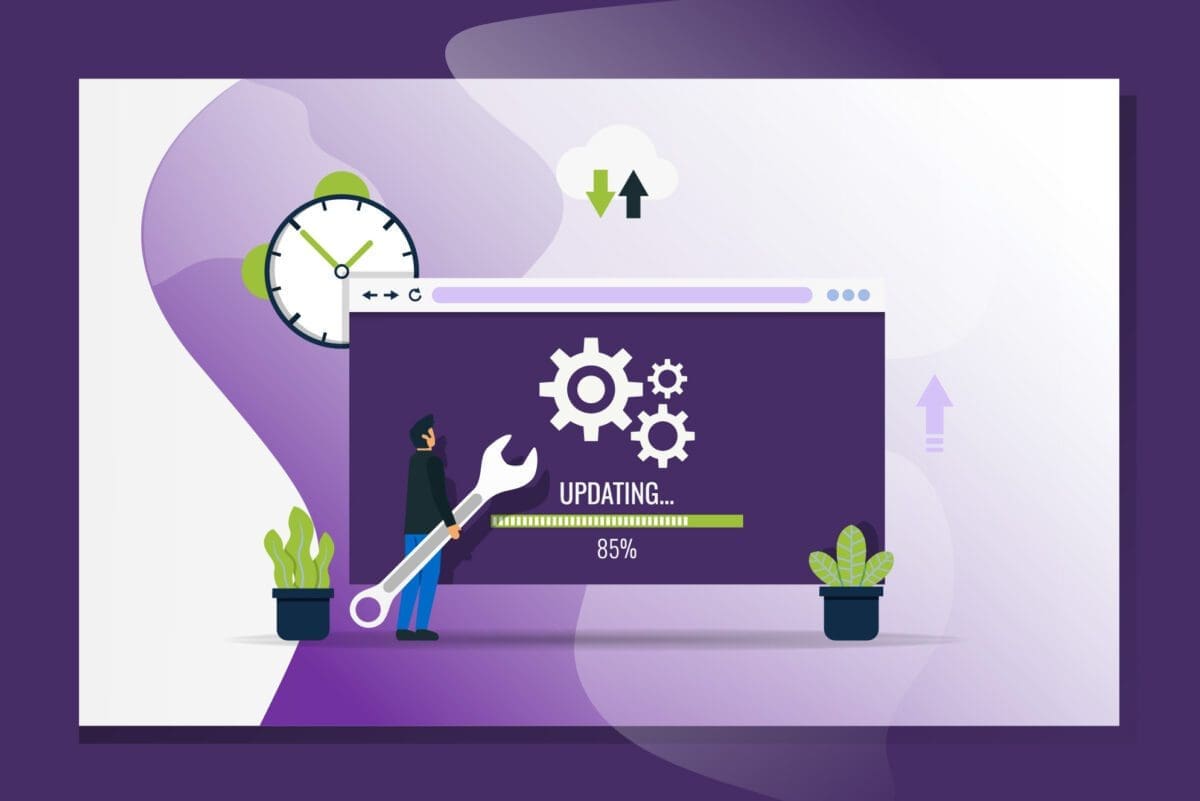Published: December 13, 2023
At the risk of sounding cliche, the digital landscape is constantly changing. There, I got it out of my system. Because of the perpetual shifting, companies must stay as up-to-date as possible with trends, including e-commerce solutions. Let’s look at WooCommerce vs. Shopify for B2B e-commerce.
Why is B2B E-commerce necessary?
The industries and services that e-commerce can serve are surprising. There are numerous applications for services such as distribution, software, specialized products, etc.
E-commerce is for more than just Amazon, Walmart, or your uncle, who has a dropshipping business. Here at Envano, we’ve created e-commerce experiences ranging from health foods to snowblowers and groceries to building materials.
B2B buyers are now looking for the same or similar customer experience they receive from major online retailers. While the products and services aren’t the same, the user experience must be. B2B sellers must be aware of the various e-commerce solutions available to them.
The two B2B e-commerce platforms Envano is most familiar with are WooCommerce and Shopify. Which one is right for your business? Let’s find out together.

Shopify Pros
Shopify is one of the market leaders when it comes to online stores. They have a product for enterprise-level B2B companies, Shopify Plus, that goes above and beyond the standard online sales process. We’ll be saving a deep dive into that product for a later post.
Besides purchasing a domain name, Shopify is an all-in-one platform. There’s no separate charge for hosting and no need for you to keep up on security updates.
Shopify is easy to set up, and the starter plan is relatively cheap at $39 per month. There are many themes to choose from, and you can customize most of them using Shopify’s Liquid templating language.
- Software and Hosting at $39 per month
- Massive library of themes, both paid and free
- Customizable with plugins or templating language
- Easy to set up
WooCommerce Pros
WooCommerce is a free and open-source WordPress plugin downloaded by millions of businesses. You won’t be trapped in expensive, lengthy contracts since it’s free of charge.
WooCommerce is infinitely customizable, and missing features are covered by hundreds of other WordPress plugins that work directly with WooCommerce.
- Free and open-source
- Infinitely customizable
- Huge library of free and paid themes
- On the powerful WordPress platform
Shopify Cons
While highly customizable with the Liquid templating language, there is a bit of a learning curve. If a portion of your site requires a layout not found in your theme, you may need to hire a developer to update it. At the enterprise level, plans START at $2,000 per month.
Because it is an all-in-one platform, it makes it very difficult to leave. Few people do, but for those who do, it’s not always a clean break.
- Dev work may be required for “simple” changes
- Costs add up quickly
- Difficult to leave for another platform
WooCommerce Cons
WooCommerce is a WordPress plugin that, while free and open-source, requires separate charges for WordPress itself, hosting the site, and an SSL certificate. It is also more difficult to scale with WooCommerce. Some enterprise-level users would expect features that are already built into Shopify or Adobe Commerce, formerly Magento.
- Missing enterprise features
- “Hidden” fees
- Challenging to manage and scale
Comparison
Price
Regarding the total price, Shopify is the way to go. It’s an all-in-one solution so hosting and SSL certificates are included in the monthly cost. Shopify has tons of base features with some of the cracks being filled by free plugins.
WooCommerce is technically free, but you must consider hosting, SSL and other plugin costs.
Themes
I don’t think I can pick a winner here. Both Shopify and WooCommerce have immense libraries of free and paid themes. It all comes down to what platform you are most comfortable working in.
Customization
While both are technically infinitely customizable, WooCommerce wins out for me. WordPress has a more extensive plugin library than Shopify does at this time. PHP, the technology that WooCommerce is built on, has more people developing. In comparison, Shopify’s Liquid is more of a templating language.
Ease of use
This comes down to a straightforward question. What are you more comfortable with? Both interfaces are easy to work with and are intuitive. The good thing about Shopify is that you can have a free development store to familiarize yourself with the interface before you commit to anything. There are also loads of online tutorials to help you with WooCommerce’s interface.
Recommendation
Have an existing WordPress site? WooCommerce is an easy choice. You’re already familiar with the platform and have services like hosting already set up.
Revamping your digital presence? Shopify may be the way to go. Shopify is an all-in-one solution that serves businesses both big and small.
At Envano, we offer various services to help you align your physical and digital customer experiences. Contact us today to see if WooCommerce or Shopify is the best choice for your business.



